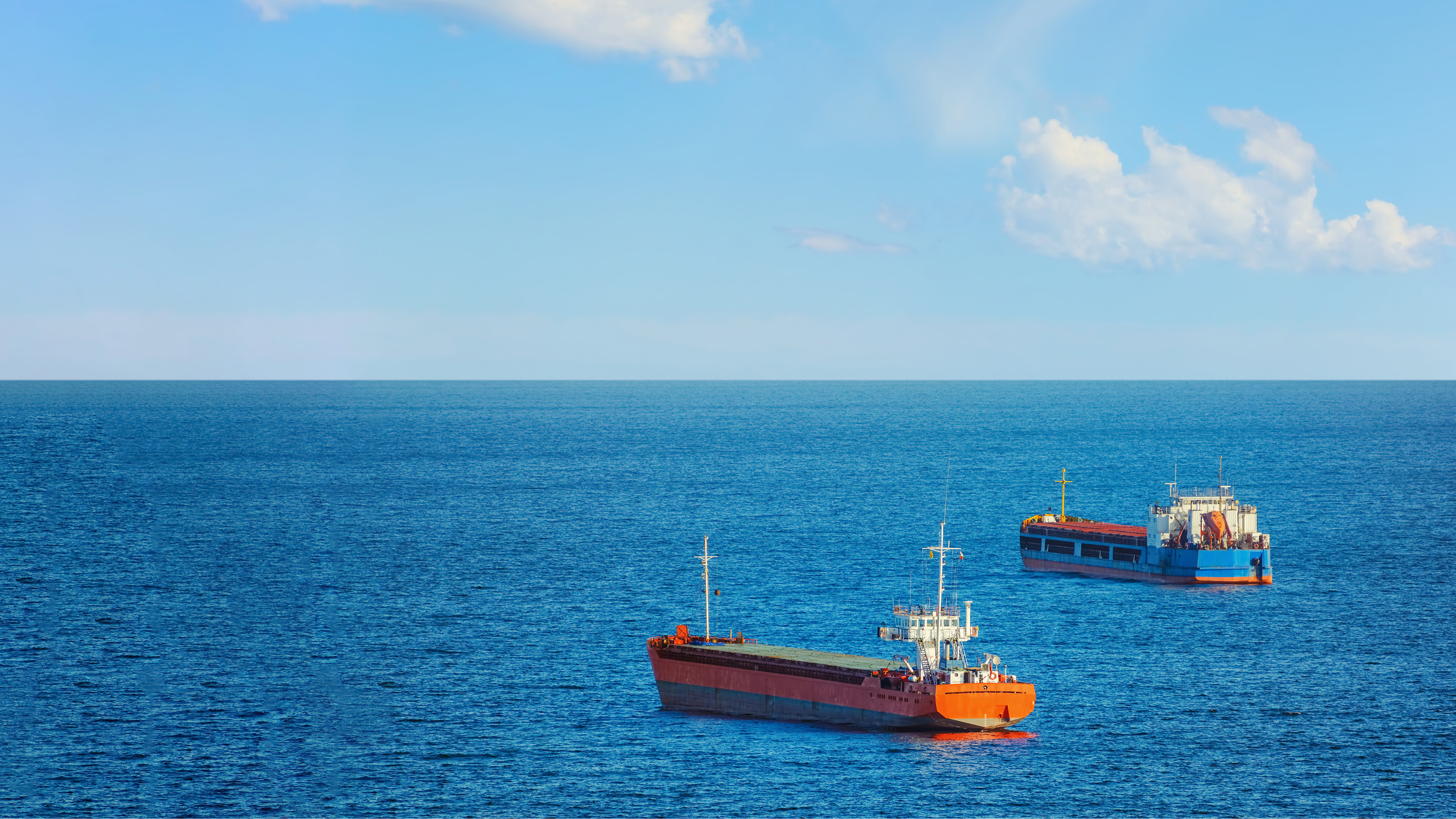
Recent political events have not made the world easier to navigate for businesses, investors and other decision-makers.
It is hard to know how we will be affected by the new US administration’s fiscal and trade policies. There are signs of escalation in Russia’s war against Ukraine, the situation in the Middle East remains very tense and the political conflict between China and several other countries, especially the US, might well worsen. In Europe, the collapse of the German government could be the latest sign that political polarisation is making it difficult to form coalitions with the strength to address structural economic problems.
These are all important problems, but it is also important to not only focus on uncertainties and complications. Many economies, including the Nordic countries, stand to benefit from increasing spending power among households and lower interest rates, which should gradually support demand.
“Many economies are currently rather balanced and we forecast normalization Normalization in growth, normalization in inflation, normalization in rates, and normalization in unemployment,” says Heidi Schauman, Global Head of Research at Danske Bank.
See Heidi Schauman explain more about the elevated risk picture and the economic outlook in this video:



.png?h=70&iar=0&w=70&rev=c7972b934bdc4f53bd1d322e4bc5984c&hash=06CE2A1C9366967C0E72E2133E5B2305)